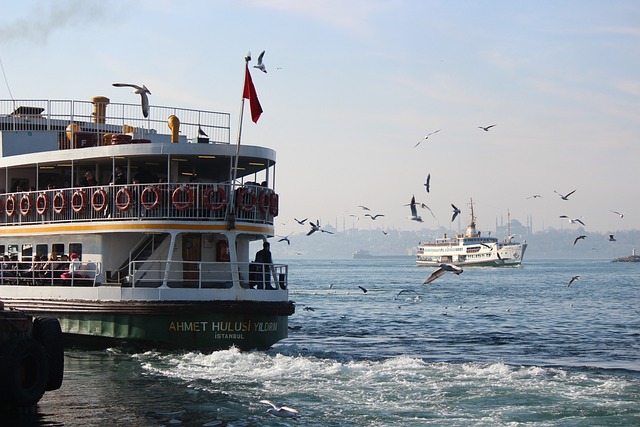According to the US Environmental Protection Agency (EPA), oil spills can be devastating to the environment, wildlife, and natural habitats. The toxic chemicals contained in oil can contaminate land, water, and air, harming ecosystems and poisoning animals that come into contact with it. Proper cleanup efforts are essential to reduce the impact of an oil spill on our planet’s fragile environment.
In this article, we will discuss the steps necessary for effective containment and cleanup of an oil spill. We will also provide information on how communities can work together to limit the extent of damage and mitigate its effects.
Assessing the Situation
The first step in any oil spill response is to assess the situation. This involves determining the size, location, and type of oil involved in the incident, as well as assessing potential risks to human health and safety. After a thorough assessment has been conducted, responders can then focus on containing the spill and preventing it from spreading.
Creating a Plan of Action
Once the situation has been assessed, responders need to develop a plan of action for containment and cleanup. This will involve selecting an appropriate response strategy and deploying resources as needed. Strategies may include mechanical removal (such as booms or skimmers), chemical dispersion, natural attenuation (allowing the oil to dissipate on its own), and more.
Containing the Spill and Removing Contaminated Materials
Responders need to contain and clean up the oil as quickly as possible to prevent it from spreading. This can be accomplished by deploying booms or other containment structures, and then using skimmers to remove the oil from surface waters.
Another important step is to remove any contaminated materials, such as soil or vegetation. This needs to be done with care and under the direction of a qualified oil cleanup company. When done correctly, this can help to minimize the environmental impact of an oil spill.
Working with Local Communities
Oil spills can have a devastating impact on local communities and ecosystems, so they must be involved in the response effort. This includes informing the public of safety protocols, coordinating volunteers for cleanup efforts, setting up animal rescue operations (for oiled wildlife), and more. Working closely with local communities can help to reduce the impact of an oil spill on our planet’s fragile environment.
Dispose of Contaminated Materials Properly
As responders clean up an oil spill, they will need to dispose of contaminated materials by local regulations. This includes any items contaminated by the spilled oil as well as booms and other equipment used in the cleanup process. It is important to ensure that all waste is disposed of properly to protect human health and the environment.
Monitor Wildlife Health and Replant Vegetation
Once the oil has been contained and cleanup efforts are underway, responders should monitor local wildlife for signs of contamination. They should also take steps to replant vegetation in areas impacted by the spill. These actions can help reduce long-term impacts on ecosystems and species affected by an oil spill.
Educate the Public
The final step in the response process is to educate the public on oil spill safety protocols and proper disposal of hazardous materials. This can reduce the risk of future spills and ensure that cleanup efforts are practical.
Conclusion
Oil spills can cause significant damage to our planet’s environment, wildlife, and natural habitats. A successful response requires an effective plan of action that includes containment, removal of contaminated materials, and working with local communities. It is also important to monitor wildlife health and replant vegetation in impacted areas and educate the public on oil spill safety protocols and proper disposal of hazardous materials. By understanding how to respond to an oil spill, we can help protect our planet from such disasters.







